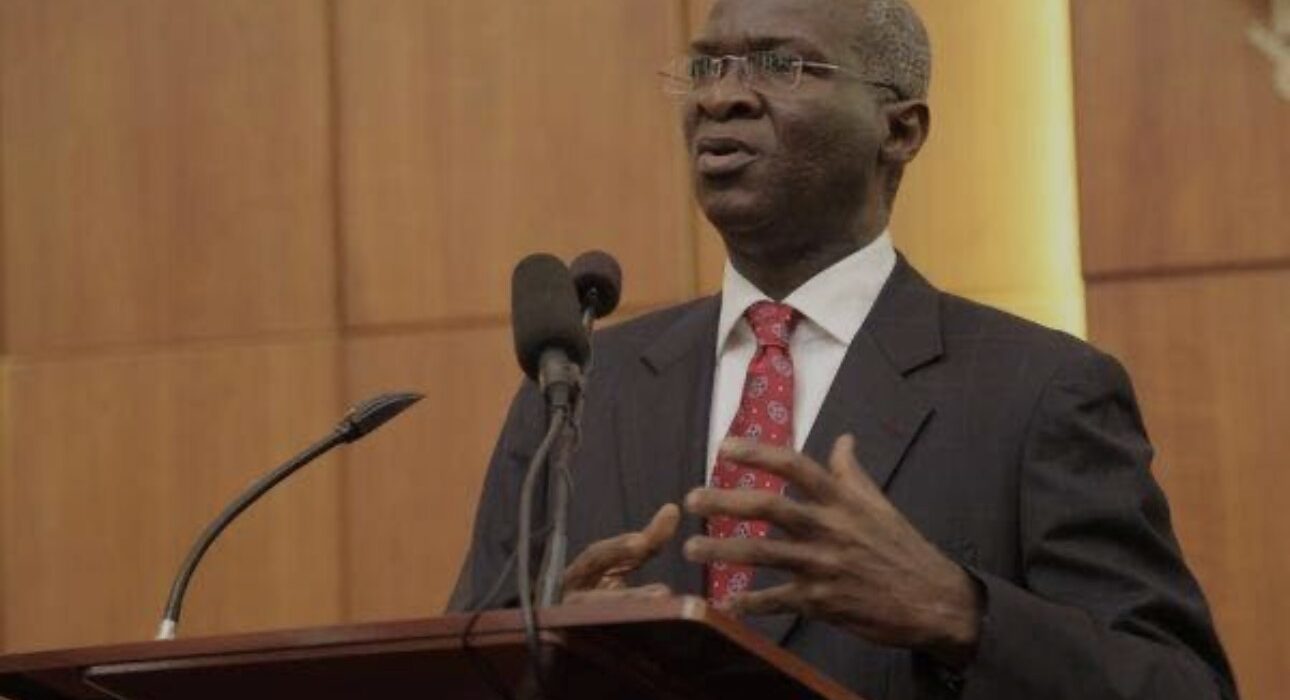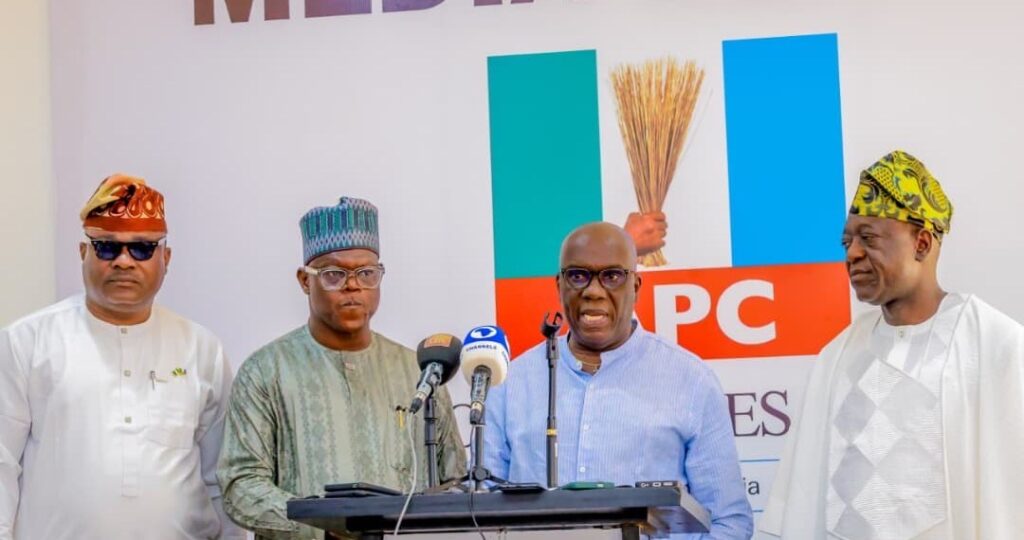Fashola Warns Against Arbitrary Street Renaming in Lagos, Urges Preservation of Yoruba Heritage

Former Lagos State Governor and ex-Minister of Works, Babatunde Raji Fashola, has cautioned against the growing trend of renaming streets in Lagos without due regard for history and culture.
Speaking at the public presentation of “Discover Lagos State: A History Puzzle Book (Volume 1)” organised by the Lagos State Records and Archives Bureau (LASRAB), Fashola stressed that street names are more than markers for directions — they are historical records that embody the identity and heritage of the Yoruba people and Lagos residents at large.
Fashola argued that the indiscriminate alteration of street names risks erasing important memories and contributions of notable figures who helped shape Lagos.
He cited the example of Dr. Isaac Ladipo Oluwole, who studied in Glasgow before returning to Nigeria to make groundbreaking contributions to public health. According to him, the Ikeja street named after Oluwole serves as a living monument, ensuring that future generations remember his legacy.
He urged policymakers and urban authorities to adopt caution, consultation, and sensitivity when considering changes to street names.
“Street naming and unnaming should not be done arbitrarily. They carry stories, values, and identity that must not be lost,” Fashola warned.
The former governor further called for stronger investment in LASRAB, stressing that proper documentation and archiving are crucial to preserving the collective memory of Lagos.
He noted that without adequate historical records, future generations may lose touch with the city’s cultural and political evolution.
Fashola’s remarks come amid heated debates in Lagos over the renaming of some streets and landmarks.
Critics argue that certain changes appear politically motivated and threaten to erase the city’s multicultural heritage, while others believe renaming could help spotlight neglected figures in society.
At the heart of the controversy is the balance between preserving Yoruba history and acknowledging Lagos’s cosmopolitan identity. Fashola, however, insists that safeguarding heritage through careful documentation and thoughtful street naming is essential to keeping the city’s history alive.









